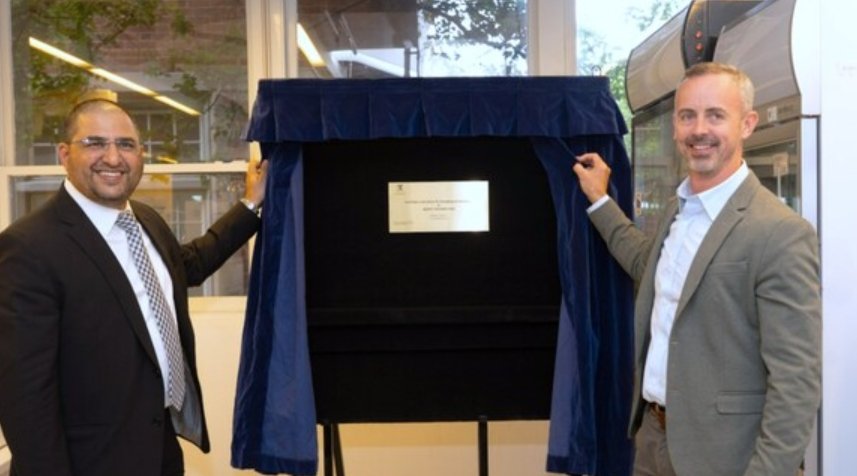
Agilent Technologies Inc. has announced the launch of its new Agilent Innovation Hub in partnership with the University of Melbourne, Australia, acting through the Australian Laboratory for Emerging Contaminants (ALEC). The hub integrates Agilent's next-generation technologies, including an extensive portfolio of Infinity III Liquid Chromatography (LC) systems and ALEC's research expertise in the critical area of environmental health and safety.
This marks the second collaboration between Agilent and the University of Melbourne in the context of emerging contaminant research addressing Australia's priorities in improving population health.
Under the technical refresh programme, led by renowned Australian environmental scientist Assoc. Prof. Brad Clarke, research will tackle new pollutants, from synthetic per-and polyfluoroalkyl substances (PFAS) to microplastics and flame retardants, driving cutting-edge solutions developed in Australia for Australia.
"Leveraging our 6495C Triple Quad LC and LDIR systems, we've pioneered ultra-trace detection, achieving world-class breakthroughs in parts per quadrillion (PPQ)-level quantitation of PFAS and microplastics in drinking water[1]. This partnership further solidifies Agilent's leadership in innovation and reinforces our strategic expansion across Asia, following the establishment of Centres of Excellence (CoEs) within flagship university campuses in South Korea, Singapore, and Malaysia", said Bharat Bhardwaj, vice president of APAC sales at Agilent.
Image caption- (from left) Bharat Bhardwaj, Vice President of APAC Sales at Agilent, and Assoc. Prof. Brad Clarke from the University of Melbourne




